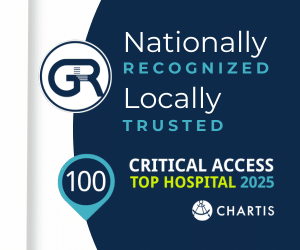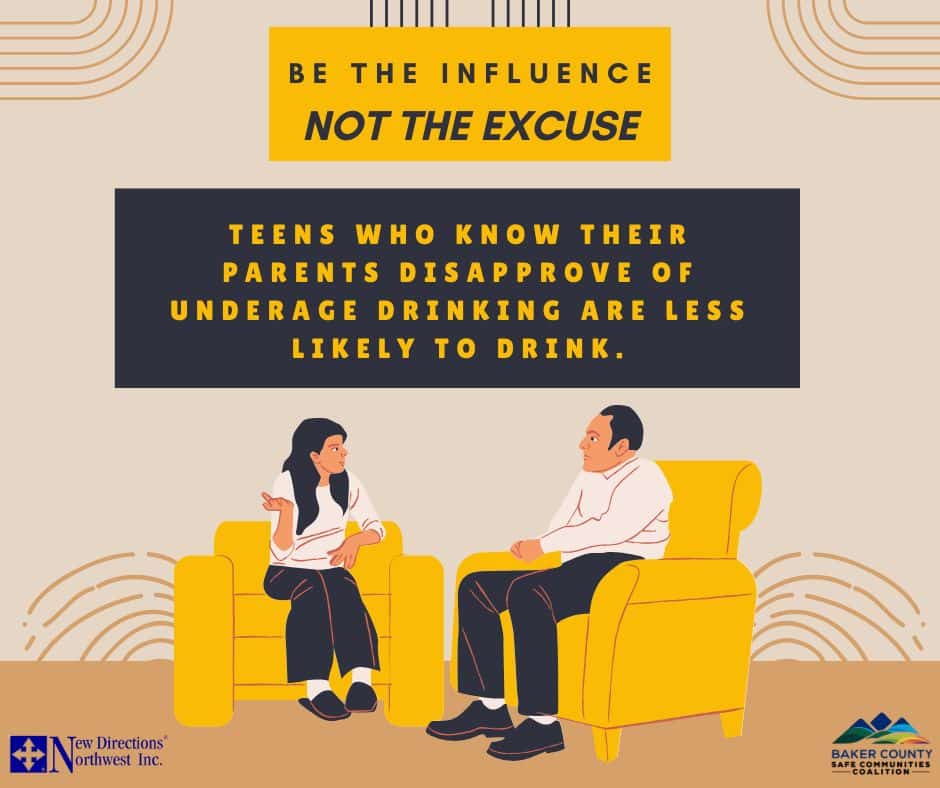
Fogging and Cataloging, Union County Vector Control Explain West Nile Virus Prevention
By Garrett Christensen on Wednesday, August 16th, 2023 in More Top Stories Northeastern Oregon News
UNION COUNTY – Heat means bugs and bugs mean bites. Unfortunately, some of those bites potentially mean the spread of West Nile Virus. With the Oregon Health Authority predicting a jump in Virus ladened mosquitos in Eastern Oregon, local vector control offices are hard at work keeping the pests reigned in. Elkhorn Media Group recently reached out to Chris Law, Manager of Union County Vector Control, for additional information on the treatment process and what the public can do to stay healthy.
For starters, not every mosquito bite brings a risk of West Nile. According to Law, Union County is only host to a relatively small number of the nearly 3,500 known mosquito species. Of the local species, an even smaller number are actually capable of transmitting diseases like West Nile Virus. This isn’t to imply there is not risk of transmission, especially given the sheer number of insects that can spawn, but the risk is not universal across every pool.
As for how West Nile and other diseases are tracked, Law explained it best:
“Adult mosquitoes collected in surveillance traps are routinely collected and transported back to a laboratory where they are identified by species, counted, and then the Culex species are tested for the presence of West Nile Virus (WNv) using PCR diagnostic tests.”
It should be noted that both testing and treatment are done on an as needed basis rather than a consistent schedule. According to Law, surveillance data is compiled through the use of traps and inspection of water sources. Vector control then decides if an area needs to be treated and what the best form of treatment is, including “application method and product to be used.” For county residents hoping to review some sort of weekly or monthly treating/testing schedule, unfortunately, this is simply not how Vector Control Operates. However, public treatment notices are provided to media partners and posted on the Vector Control Facebook page.
Looking at current mosquito trends within the valley, Law explained:
“Right now, the highest adult mosquito activity is on the east side of Imbler along the Grande Ronde River. We are also seeing elevated mosquito numbers around the city of Union due to flood irrigation. Flooded pastures are very difficult and costly to treat. Fortunately, they mainly produce the Aedes species of mosquitoes, which have an extremely low probability of transmitting disease.”
In terms of the regional uptick predicted by the Oregon Health Authority, Law noted it’s difficult to determine exact trends for the virus due to a combination of limited time present in the region (roughly 20 years) and the virus originating from bird populations. According to Law, viral activity may simply go in cycles as believed by some experts. It’s possible that Eastern Oregon is simply in the upward swing of one of these natural cycles. Based on his own experience studying the virus in Union County:
“It seems that the dryer summers have more viral activity than wet summers. Wet summers obviously have more water, which means more mosquitoes, but doesn’t seem to have the viral activity we get during the really dry summers. However, with birds being the host for West Nile and mosquitoes simply transferring the virus from the birds to humans and other animals, one could argue that the viral activity would be dependent on the migratory bird populations.
Regardless of the specific cause for the increase, Union County and Eastern Oregon residents should still be careful to avoid mosquito bites and mosquito proliferation. Some things that Law noted include:
- Avoid being outside during dawn and dusk as this is the peak activity period for mosquitos.
- Avoid exposed skin in mosquito areas by wearing long sleave shirts and long pants.
- Use approved brands of repellent.
- Rely on air conditioning to stay cool instead of open windows. At the very least, use window screens to avoid mosquitoes getting into buildings.
- Eliminate sources of standing water (buckets, outdoor toys, etc.) which could act as breeding grounds for mosquitos.
It’s the last point on the list that Law deemed the most essential for the public:
“I can’t express enough how important it is that everyone thoroughly checks for, and eliminates, water sources where mosquitoes can lay their eggs. Most mosquito problems in urban areas are caused by containers holding water in people’s yards. Emptying or changing the water in those containers each week is a simple and effective way to prevent mosquitoes for you and your neighbors without the need for pesticides.”
For additional information, visit the Union County Vector Control Facebook page or Website. The OHA article on the predicted increase of West Nile Virus can be found here.









